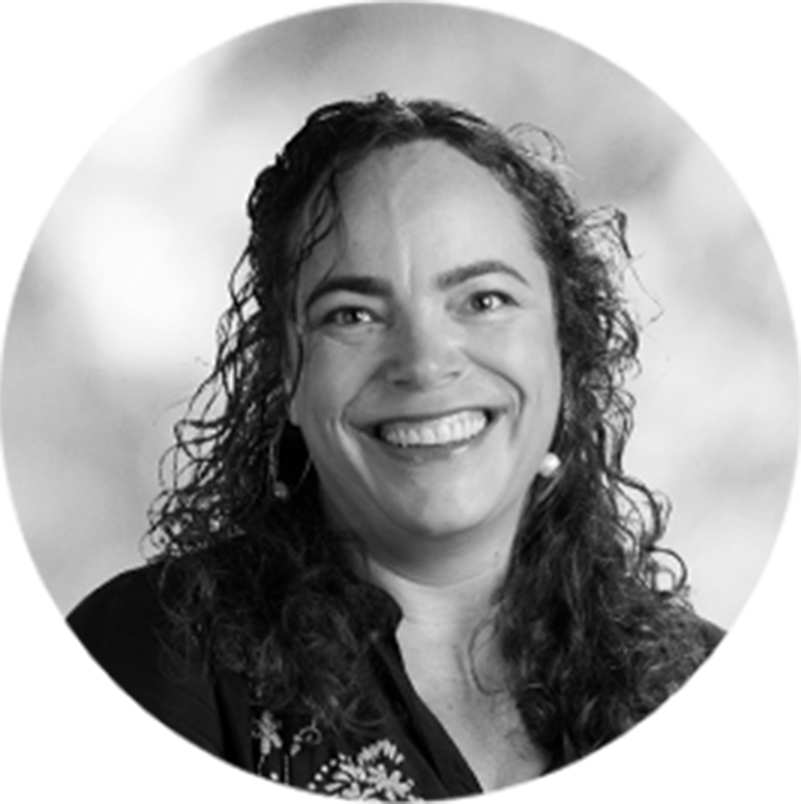The Women in Fire initiative aims to elevate the voices of women to reimagine our relationship
with fire. The project connects with Pollination Foundation’s strategy to share stories of hope,
told through the voices of our partners.
Fire has been used for many thousands of years by Indigenous peoples around the world as a tool to cultivate and regenerate land. Today, with wildfire intensity fuelled by climate change, Indigenous land managers are often at the forefront of fire response, using new technology and traditional techniques to both reduce and respond to the threat of wildfire. But an essential part of the story has been missing, because the science of fire and on ground fire operations is dominated by male experts.
In the past, from an Indigenous perspective traditional fire management (TFM) has been an activity often assigned to men. Yet women too – across the world – hold important cultural fire knowledge. Indigenous women use fire in cultural ceremony to cleanse the land, body and spirit, protect and regenerate important native plants and foods and gather family and friends around the campfire to nourish each other with shared meals and stories.
In rural and remote areas across northern Australia, Indigenous women are leading TFM activities, combining traditional and new technologies to combat the increase of wildfire. The Women in Fire initiative aims to connect Indigenous women working with fire to share their stories with each other and the world and ultimately, to elevate the opportunity to apply TFM to the increasing threat of global warming.
Using technology to connect, Women in Fire has gathered women from Australia to California and Botswana (and in the second phase, it will include women in Latin America and Africa) to promote Indigenous women’s economic security, share a solution to global warming, protect nature and increase awareness of Indigenous women cultural knowledge and technologies.
The seeds of Women in Fire Initiative are nestled within the the International Savanna Fire Management Initiative (ISFMI), which is working towards revitalising fire management techniques used by Indigenous peoples over millennia, to sustainably manage vast tracts of land around the world. A core element of ISFMI is to bring people together on country to experience Indigenous fire practices.
Women in Fire Initiative aims to create a culturally safe space for women to share their practices, fire traditions and knowledge of fire, native foods and enterprise opportunities. From there, the vision is to create authentic digital ‘Stories from Country’ that capture their knowledge and amplify their work, to share these important stories with the global community.
There’s place-based economic benefit too: these women are trailblazing a career pathway for Indigenous and local community women around the world to generate an income from their knowledge while remaining in their community ‘living on country’. Women in Fire offers a culturally-based viable career opportunity with a living wage.

